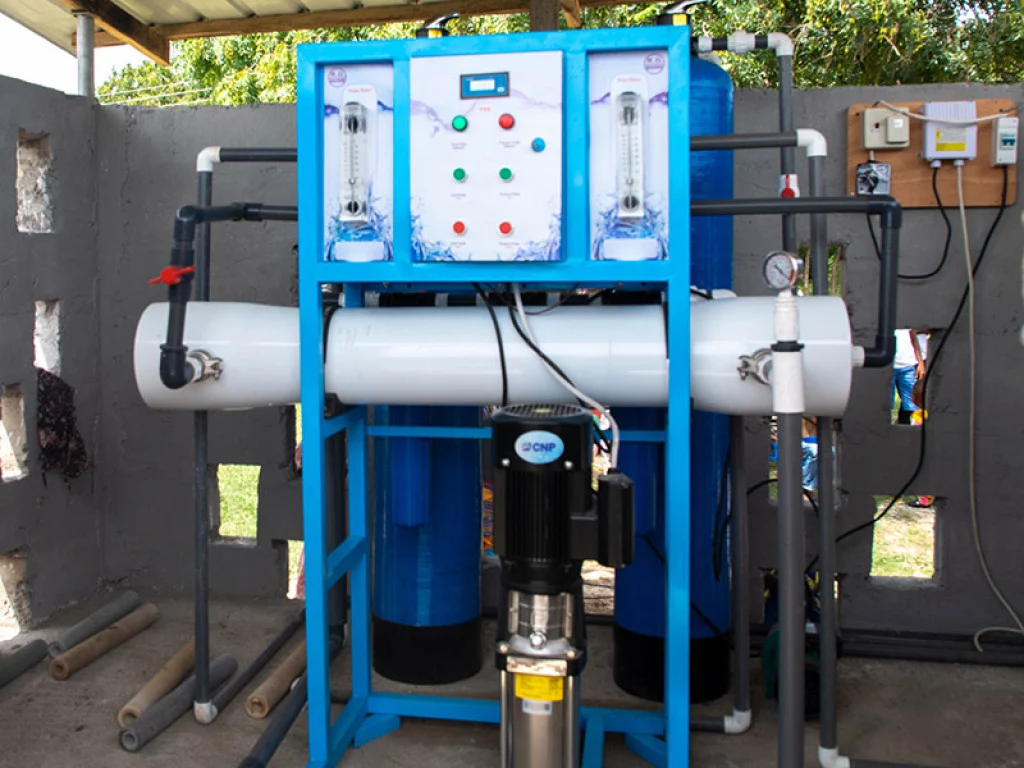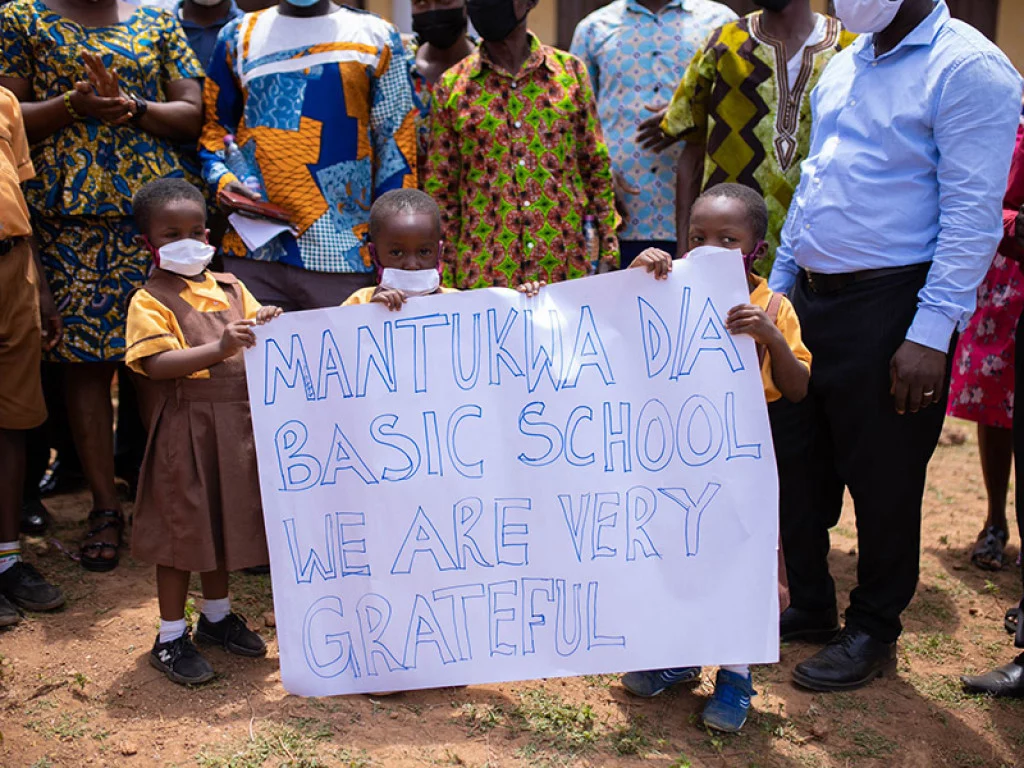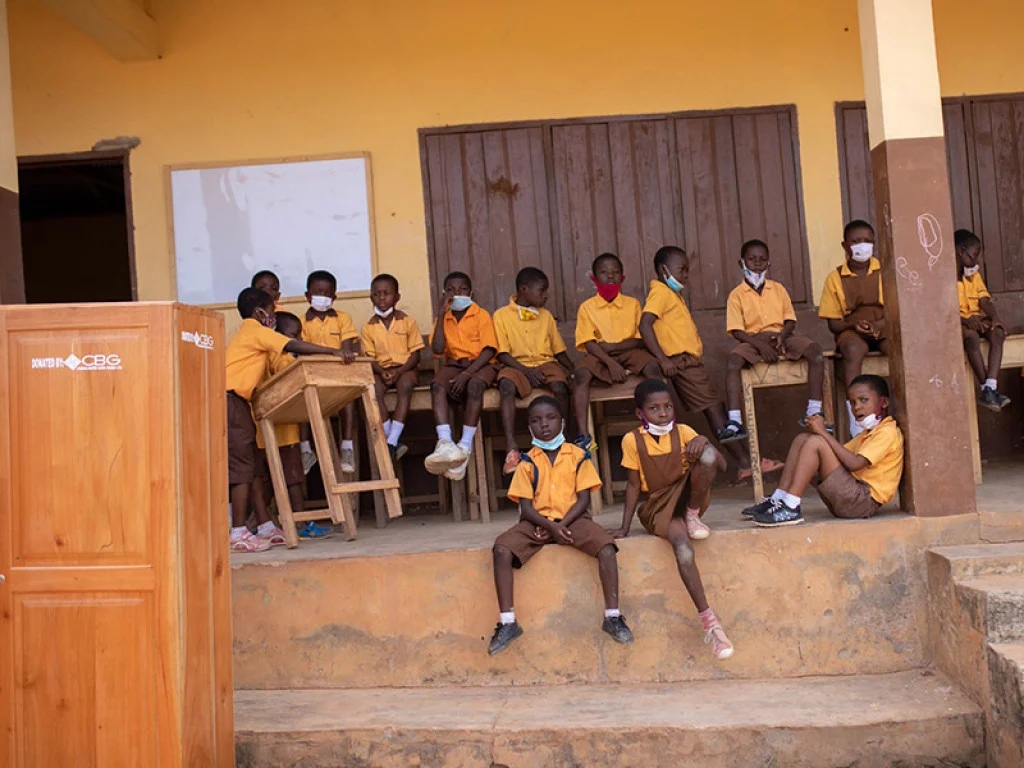INTRODUCTION


NEW TECHNOLOIGIES AT CBG
A CHANGING WORLD
CBG’s Loyal Management System application will measure loyalty based on the consumption of its services, helping to identify repeat customers and reward them accordingly with points, virtual gift cards, coupons, and other incentives.


CBG INVESTING IN GROWTH
A great area of growth for CBG has been its international remittance (IR) business, facilitating the fast, reliable and convenient receipt of funds from abroad.
The bank is investing in payment technologies, partnering with FinTech and money transfer agents, which are all avenues to bringing convenient banking to the doorsteps of its customers while increasing its IR market shares.
CBG’s core banking system, Temenos T24, will also be upgraded to facilitate transactions. “With the new technologies that are evolving, we need to move to the latest version of T24 in order to exploit them,” explains Ndungu.
“At CBG, customers are at the heart of our business and central to everything that we do”
Thairu Ndungu, Deputy Managing Director, CBG
PARTNERS AND PEOPLE
They range from cleaning companies that keep CBG’s premises in pristine condition, to security and technology providers that ensure customers are serviced in a safe and timely manner.
Ndungu highlights the support of Temenos, the supplier of its T24 core banking system, and their implementation partner, Inlaks, for the integration of seven different data centres into one, in a record nine months.
“These kinds of partnerships are what have generated our growth to amazing and unimaginable levels,” recognises Ndungu.
“All banks are in on the digital transformation, so partnerships have become really important. You have to look at your business and ask yourself: Can we do this alone? Can we co-create? Can we make more by collaborating?”
Likewise, employees are central to everything that CBG does. It strives to create a working environment where the wellbeing of everyone is taken into consideration, achieved by focusing on individual training and development needs.
A human capital management system is also in place, which serves as a hub for the needs of each individual member of staff, complemented by an online training portal with a wide selection of training materials for both technical and soft skills.
“The heartbeat of our workplace is continuously monitored by using third-party employee perception surveys, the outcomes of which are converted into quantifiable, measurable action points.
“We have undertaken a journey of building a strong culture that fosters teamwork and collaboration amongst our various teams. This is well built into our ongoing three-year strategy, where the people side of CBG features prominently,” Ndungu states.
The bank has tasked itself with building a meritocratic organisation where hard work is rewarded at the end of each year. From the onset, CBG embarked on a system that encourages pay for performance rather than attendance.
There is also a belief in clear and concise communication with staff, so that employees know exactly what is expected of them and how to execute those expectations.
“Feedback from both staff and management is well integrated into the communication systems. We strongly believe in the feedback of our employees and therefore encourage them to be more vocal and assertive.”
“All banks are in on the digital transformation, so partnerships have become really important”
Thairu Ndungu, Deputy Managing Director, CBG


COMMUNITY BANK
Corporate Social Responsibility (CSR) programmes and activities provide an avenue for CBG to achieve a balance of economic, environmental, and social practices whilst simultaneously fulfilling stakeholder expectations.
CBG’s CSR activities focus on three key thematic areas, namely health, quality education, and community and employee engagement.
“We are committed to understanding, monitoring, and managing the impact of our social, environmental, and economic investments to enable the bank to contribute to the larger goals of sustainable development,” shares Ndungu.
A multitude of impactful CSR initiatives have been undertaken to date by CBG. To help Ghana combat the COVID-19 pandemic, it donated personal protective equipment (PPE) and other medical supplies to the Ministry of Health, including sets of protective gowns, ICU patient monitoring system, bedside patient monitors, and Veronica buckets with unique corporate metal stands.
The donation forms part of the bank’s GH₵1 million commitment to help the country combat the pandemic. Since the outbreak of COVID-19 in Ghana, the bank has made additional donations to the Noguchi Memorial Institute for Medical Research (NMIMR) and the COVID-19 National Trust Fund.
At the height of lockdown, food items were also distributed to around 2,000 people in some of the most underprivileged communities in the Greater Accra, Ashanti, and Northern Regions of Ghana.
As part of its regional CSR activities, CBG has donated school items such as desks, chairs, cupboards, pens, pencils and exercise books to the Mantukwa Primary School, located in the Sunwani West District of the Bono Region. For the people of Nyapienya, a small community in the town of Asutsuare, the bank supported the construction of a mechanised borehole and a desalination machine to purify water sources in the area.
“The community, which hitherto was sharing pond water with animals that was unsafe and disease-infested, now has a potable source of water,” Ndungu informs us.
One of the United Nations’ (UN) Sustainable Development Goals (SDG) is to end poverty in all forms everywhere, as well as ensure healthy lives and promote wellbeing for all ages. As a bank, CBG strives to care for the wellbeing of all by giving back in life changing ways.
“In addition to the CBG’s three CSR pillars, driven by UN SDGs 3 (Health), 4 (Education), and 8 (Community), the bank together with other organisations has contributed by reducing poverty and thereby helping to achieve UN SDG 1.”
MORE TO COME
CBG turned three years old in 2021, and has already chalked a number of impressive successes.
However, it should be remembered that the bank is still in its infancy and has a lot of catching up to do. Coupled with the speed at which new technologies are emerging, CBG therefore strives to take big strides into the future of banking in the coming years.
“This is the year we consolidate the huge investments we have made into technology infrastructure to differentiate ourselves in the industry,” Ndungu sets out.
“We are going to accelerate our offerings to the MSME (Micro, Small and Medium Enterprises) sector by not only introducing relevant products to them, but also by offering business advisory services through our SME centres that we are launching.”
The goal for CBG is not only to bank this sector, but also support MSMEs into the next level of business maturity through the use of technology.
As well as making inroads into banking the mass market through mobile phones, this will entail lending and investing at a macro level. To achieve this, CBG will need a strong platform and FinTech partners that will allow it to serve this section of society, without them coming into its branches.

































